Photo Credit: Clker-Free-Vector-Images (pixabay.com)
For the third time this month, I find myself explaining to someone why I don’t do market analyses for small-scale manufacturing. At least not the way they’re imagining it.
This time, we are chatting over coffee at a conference. All about downtowns and how to make them amazing places. My kind of people!
But the same question keeps coming up in this conversation: Why doesn’t Recast City do a market analysis on the demand for small-scale manufacturing spaces?
And I keep giving the same answer – the data suck.
Here’s the thing:
I know other people do this analysis. And I really hope they’ve figured out something magical.
But all of the data sources I know miss major parts of the business sector. And these are really major parts when we’re talking about small businesses. In fact, the databases miss so much of the growing small business sector, and the important details about them, that I think the data analysis is close to useless for city decision making.
Hear me out.
I love data.
I started in data.
I began my career as an analyst – I created economic real estate analyses, economic impact studies, feasibility studies, and demand analysis for all kinds of real estate projects.
In one of my first jobs (the peon in the firm), I only did number crunching and mapping (anyone remember GIS when it was command based?!). I even got reamed out by a client when I included the full life maintenance cost of a new turn lane the city would need to add because of his new strip mall (he wasn’t so thrilled by that. It was also clear I needed a new job after that.).
Data are essential. It is how we show impact. How we show success.
When I started Recast City that is the first question I asked – how do we get our arms around the numbers in this field? How do we show success?
I spent hours pulling NAICS codes (categories of businesses used by the federal government) and found that there are over 50 codes that include small-scale manufacturing businesses. I built databases for communities based on those codes to see what’s growing, what’s changing, and what assets should be built upon.
But once I started looking at employment numbers in different databases, I realized a few major problems:
Employment numbers for micro businesses (under 20 employees) are really inaccurate.
Solo practitioner businesses are significantly undercounted.
Most single person businesses and all home-based business are removed from third-party databases that allow you to do geographic analysis.
Then through interviews with business owners in different cities, I realized one more big problem: many product businesses register for NAICS codes that do not fall into any of the categories I pulled for small-scale manufacturing.
For instance – my favorite handbag maker registers her business as retail because she sells retail products (and makes them in her shop). An amazing spice producer registers as a deli because they want to sell their spices on food in their shop, even though the majority of their income is from custom spices they blend. It goes on and on.
We would never find these businesses in a database.
So, no. I don’t do market analyses using the national databases.
The databases are not good enough.
They miss a big part of the market.
They leave out single person businesses primed for growth.
And I don’t think it is worth anyone’s money until the databases get a lot smarter and a lot more detailed.
Well that’s the Recast City method. We go straight to the source, find the product business owners, interview them, and mine those interviews for market gaps.
We understand who is in the business sector through direct and detailed engagement of the business owners.
We work with our clients to find connectors to different parts of the community and make sure the interviews are conducted with a diversity of business owners that reflect local demographics.
No anonymous and partial databases.
This is about names and faces and people at a table.
What do we get at the end that is so different?
We get direct relationships with business owners who might need business development support or be a perfect fit for an empty storefront.
We get the stories of local product businesses to showcase their work.
And we get a concrete understanding of their needs to build specific programming, policies, or projects immediately to help.
We get the information and the relationships to act on now.
Most city leaders want to truly make a difference and build a strong and inclusive economy. If you’re ready to do it in a different way, in a way that builds honest relationships and pulls out what’s truly special about your community, then check out our free training to get started on all of this today.

